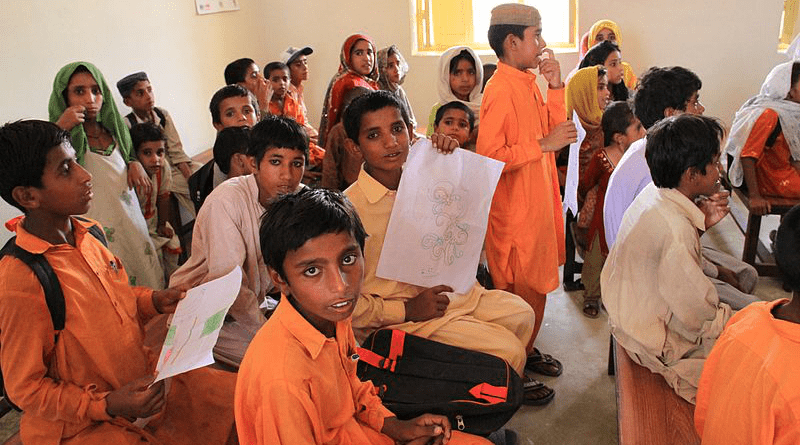Education In Mother Tongue – OpEd
The UNESCO observes international Mother language day on February, 21 annually since 1999 for promoting the importance, protection of native languages and cultural diversity. The UNESCO says that education in the mother tongue is a key factor for inclusion and quality learning particularly in primary schooling. It further asserts that 40 percent of the world’s population does not have access to an education in a language they speak or understand.
Currently, 7000 languages are spoken in the world in which 40 percent are in danger of extinction. When a language dies a culture dies, an identity dies, and a nation dies.
The importance of mother tongue as a medium of instruction is vital specifically untill primary level schooling as a matter of fact a child understands better and faster in its mother tongue and it helps in his/her cognitive development better as compare to schooling in other languages.
As for as Pakistan is concerned children have to battle three languages at a time vis a vis mother tongue at home while Urdu and English in schools. Students are taught in English and and Urdu from primary to University levels whereas Urdu is spoken by only 6 percent of the population.
The jugular vein of stopping a language from dying is its communication and publication of its literature. Although local languages are included in the PCS and the CSS exams as a subject and are part of syllabus on local levels and is taught as a seperate discipline in universities in Pakistan but still much work is needed_ as Urdu and English are the two dominant languages in education, offices and on communication level which have degraded the native languages.
There is no need to be Einstein in it as to how to protect local languages form extinction. It is simple provided that sincerity and holistic policies prevail. Including mother tongues as compulsory subject from primary level to phD could be a right decision in this regard. But the situation concerning this is pathetic in Pakistan.
For instance, the Balochistan introduction of mother language as compulsory additional subject at primary level bill was passed in 2014, that was a right step in right direction. Dolefully, it is still short of providing fruitful results owing to the negligence of bureaucracy and political leadership who have failed to implement their decision. Books were published until 5th class in 5 local languages in the province but there is an intense shortage of teachers who could teach local languages. The plan of promotion of local languages is in a hanging position yet.
What is the contribution of academies? In Balochistan 1 billion rupess is being provided to evey academy of local languages annually among which the Pashto academy is one of them. Regrettably, it has failed to give results in the promotion of local language. There is no mechanism of spending these funds. Money is being spent on expenditures, seminars and irrelevent programms rather than publishing of research oriented books of credible and poor literary figures.
For instance, a poor and renowned Pashto poet Shafiq ul Alam Mazooryar who was blind, died left behind many of its books without publishing. Once i asked him to approach the Pashto academy for publication, he was pessimist. The same is case with Saleem Raz of the KPK who died and left 52 books unpublished. The situation of the Baloch, and the Brahvi academies is not different too.
Is language the only source of progress? Undoubtedly, English is the language that has dominated the world in economic, science and technological aspects. But, on the flip side, the importance of local languages cannot be set aside. For instance, Russia and China are progressing in own languages. While, India is also progressing in adopting English language along with Hindi. So lagging behind a country should not be seen in the prism of language issue only. Both English and local languages can be adopted and prioritized simultaneously.

